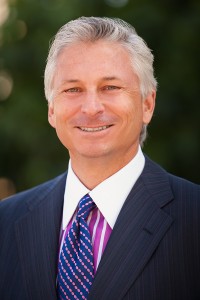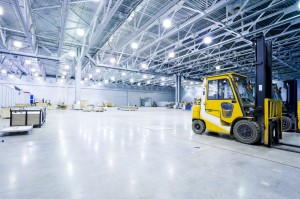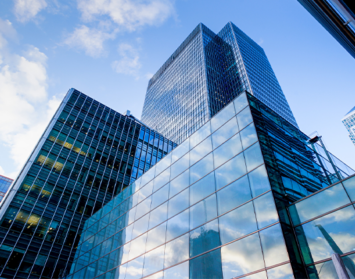By Dean Calbreath

As San Diego County’s economy improves, there’s growing risk that “crazy money” from real estate speculators could take prices back into bubble territory, a panel of local business and civic leaders told a packed audience at the Estancia La Jolla resort.
A truly sustainable recovery will depend more on the creation of walkable, bikable neighborhoods than a short-lived influx of cash, the panel said, speaking at a breakfast on Tuesday sponsored by the 6 Degrees San Diego networking firm.
In general, the panelists had an optimistic view of where the economy is heading, with improving real estate prices, office occupancy rates and employment.
“I’m more excited than I’ve been for the past six or seven years,” said David Marino, executive vice president of Hughes Marino. “Chief executives that I talk to say they’ve gone through the worst of times and now they’re excited about where they’re going, with growing revenues and plans for more hiring.”
Marino — whose firm represents tenants in negotiations over property leases — said a recent poll of clients shows that 46 percent plan on expanding the size of their work space by 15 percent or more, compared to fewer than 8 percent who plan on cutting their space by a similar amount.
“That makes me bullish about the economy, since the companies that are expanding into new space today will soon be adding new workers to fill that space,” he said.
Mark McMillin, chief executive of The Corky McMillin Cos., said that in some parts of the county, such as Chula Vista, real estate brokers are already complaining there are not enough homes to sell. And the market will become more constrained over the next two or three years as the county runs out of developable land.
“As things get better, I’d be cautious of crazy money,” he said. “When people have money, it’s good news. But when people have money that’s burning a hole in their pocket and not many good places to invest it, it can cause problems.”

Marino said saying one of his biggest concerns about the future “is that when things start getting better again, people might get irrational again.”
Jeff Graham, president of Civic San Diego, said if the region hopes to continue growing, it needs to do a better job of retaining young innovative entrepreneurs.
“Some cities in this country are doing a much better job of capturing young people, such as Denver, Austin, Boston, Seattle and Portland,” Graham said. “We have excellent institutions of higher learning, but once our students graduate, they leave for other cities.”
He suggested that the area should create more incubators for growing tech businesses and create more neighborhoods where people can walk or bike between home and work.
McMillin said San Diego has done a good job of creating residential areas downtown, where people can walk to work. He said the next step should be to create places to work near outlying residential neighborhoods.
“But to get to that world, we have to have people with new vision, with forward-planning,” he said.
David Marino is senior executive vice president of Hughes Marino, a global corporate real estate advisory firm that specializes in representing tenants and buyers. Contact David at 1-844-662-6635 or david@hughesmarino.com to learn more.









